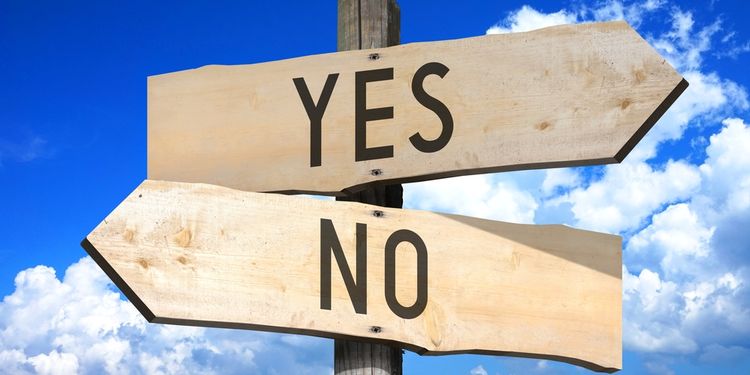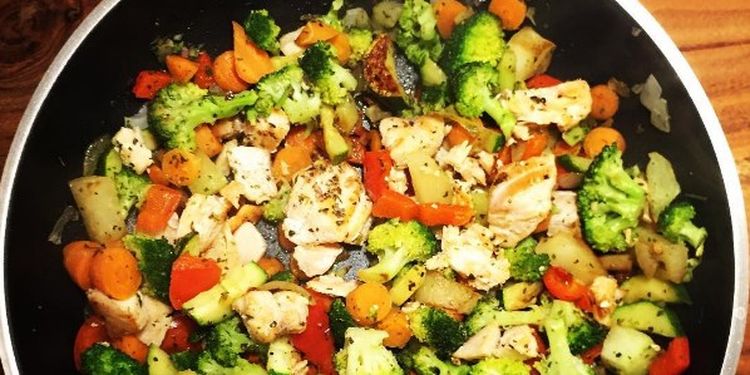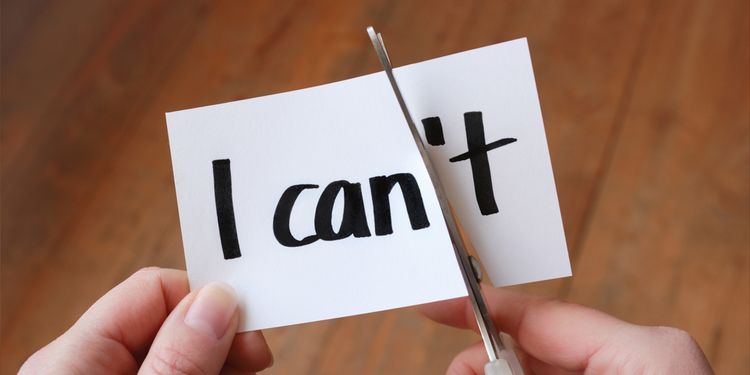Four Things to Stop Feeling Guilty About

Guilt is something we’ve all experienced, and it’s definitely a feeling that can make us all shudder. Guilt is typically a stressor and is directly guided by how we think about a situation. I’m going to be bold and suggest it’s time to stop feeling guilty. Let’s take a look at how guilt affects us.
The brain is wired in such a way that what we associate with something is what will directly impact our body. Your cerebral cortex— the place in your brain where higher thinking and imagery occur— communicates directly with your limbic system, the lower, more primal part of your brain. The limbic system is responsible for regulation of emotions and bodily functions like sex drive, heart rate, blood pressure, hunger, thirst, and temperature. Your hypothalamus is located there, and it has the task of taking what you think and integrating it with the body’s biology.
Pretty cool, huh? What’s not cool is when you associate feelings of guilt or negativity with something that need not be classified that way. In doing so, your body doesn’t know the difference and responds using that primal part of your brain.

For instance, say you really want to eat a chocolate chip cookie, and when you think of it, you immediately start scolding yourself for wanting something that’s “bad” for you. Your hypothalamus takes this information, transmits it down through your autonomic nervous system (ANS), and begins a cascade of problems. Your digestive system will be inhibited, cortisol and other stress responses will increase, and your ability to digest and fully metabolize that cookie will be cut short (you’re not going to burn the calories as efficiently).
If, on the other hand, you look at eating the cookie as something that’s okay, your hypothalamus says, “All right! We’re having a great time. Let’s tell the ANS to send signals to the salivary glands, esophagus, stomach, intestines, pancreas, liver, and gallbladder to digest and metabolize this bad boy. Enjoyment will be had, and calories will be burned!”
Which way would you rather live? Here are four things you might feel guilty about that you really don’t need to. Believe me, it’s time to do yourself a favor and let go of the guilt.

Feel Guilty for Saying No?
Don’t! If you’re someone who feels that saying “no” will let others down or change their view of you, then you definitely should be saying it more. It’s important that you take time to nurture yourself, not only as a restorative measure, but also as a means to know yourself better.
Your time is just as valuable as the next person’s. Without time to yourself, you run the risk of plummeting self-worth or such intense depletion of personal resources that it can impact your health. I’m not suggesting that you bark “no” at everything everyone asks of you. But do notice how you feel if you say “yes” when you’d rather say “no.”
Overcommitting can wreak havoc on your schedule, and over-giving to others will leave you an empty husk emotionally (and sometimes physically). If you’re constantly running yourself ragged with a crazy schedule that benefits other people or your work, it’s time to take a deep breath and treat yourself with the kindness and dedication you give your other endeavors.

Feel Guilty for Eating That?
Don’t! Guilt does you zero favors in the diet department. Resolve is what will help in this regard, as will a reasonable, sustainable plan. If you know that you will binge eat chips, do yourself a solid and don’t have chips in the house. On the other hand, don’t obsess over every calorie and macro-nutrient. Start to listen to your body and feed it what it really needs. Learn to differentiate between what your body actually requires and a craving.
For instance, when I’m craving salt, it could be a sign that I’m low on sodium. I can then assess what’s happening. Did I do a hike on a hot day where it’s likely that I need not only water but salt as well? That’s an appropriate time to make a healthy choice about what the delivery system for that salt is.
On the other hand, when I’m craving triple-crème, I’m craving cheese because my head tells me it’s good. It’s okay to indulge every now and again, but do it with a happy attitude so your hypothalamus can flourish.

Feel Guilty for NOT Eating That?
Don’t! It’s easy to fall into a pattern of doing things because it’s trendy or because someone in your life likes to be the food police. But what may be right for someone else may not be right for you. Who’s giving you the messages about what you should and shouldn’t eat? Society, family, friends, or an unrealistic, perfectionistic tendency? Do your own research and again, listen to your body.
I used to have a salad every day for lunch with my friends at work and felt like I was doing the right thing by getting in some veggies. But I would add all sorts of things to that salad to make it palatable, and sometimes it ended up not being super healthy. Now I eat steamed broccoli, cauliflower, carrots, and kale instead and really enjoy my daily intake of vegetables. What’s funny about this is that when I listen to my body and eat a full array of real, whole foods (including homemade dessert sometimes), I am lighter on the scale and happier in my heart.

Feel Guilty for Skipping a Workout?
Don’t! Again, use guilt as a means to build resolve to do better next time rather than a way to tear yourself down. What if someone else were berating you for not going to the gym and told you what an awful, unfit person you are because you can’t do anything right. Would that inspire you to get back to your workouts?
Instead, use your guilt over skipping a workout as a way to look at what’s genuinely happening. Maybe you don’t want to power lift, even though all of your friends say it’s the best thing ever. Maybe you’d be happier in a fast-moving dance class. Maybe it’s time to try high-intensity training instead. Find your passion when it comes to exercise and put the activity in your calendar. Doing an exercise you love and doing it consistently will get you the best results.

Summary
Guilt can be a healthy motivator if you learn how to manage it. You can get mired down in shame, but it doesn’t really serve you in moving forward in a positive manner. Try to think of it as a clue to understanding yourself better.
The next time you feel guilty, don’t get on the emotional roller coaster. Instead, examine your feelings of guilt objectively. Take responsibility, determine what you could do better next time, own the consequences of your decision, and move on. If you want a different result for your future self, make a different choice the next time you’re in a similar situation.
Let yourself off the hook for having messed up, then come up with an action plan that’s doable and sustainable. Learn to trust that you know what’s right for your health and move happily and confidently in that direction.
